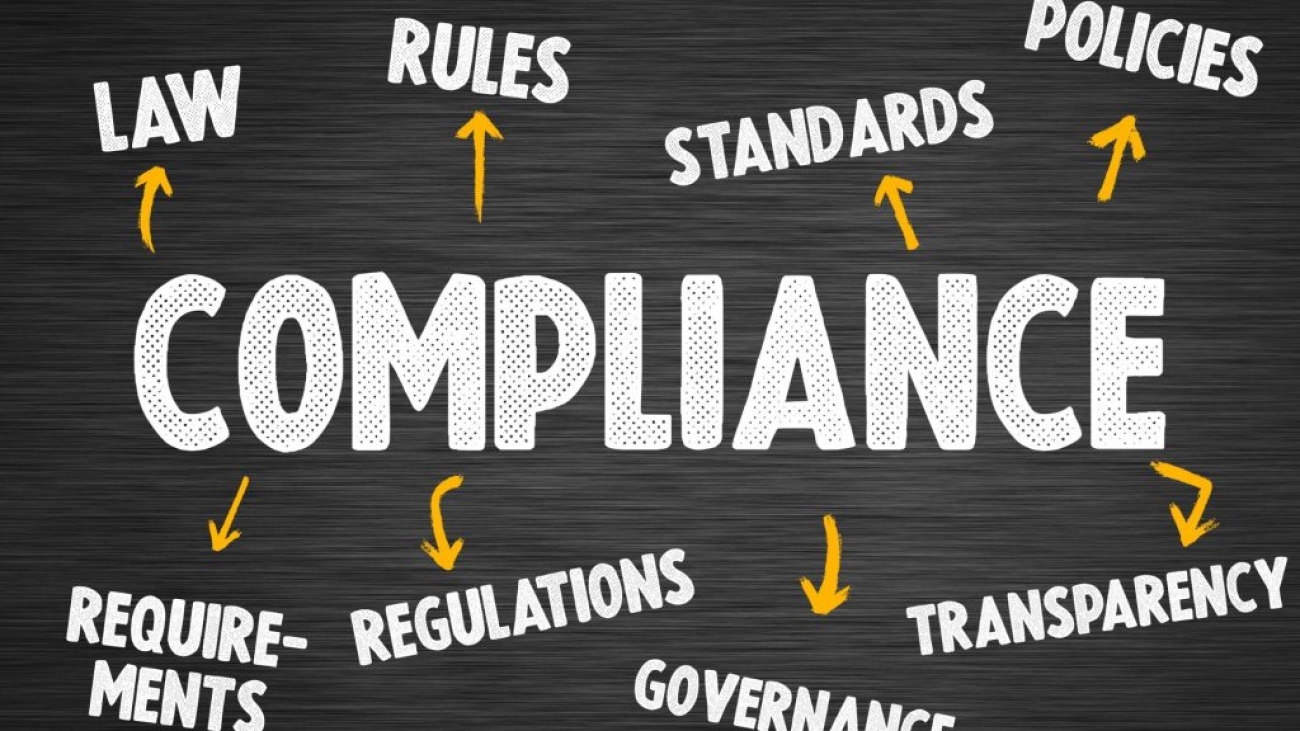In today’s rapidly changing world, NGOs have emerged as powerful change agents, addressing social, environmental, and humanitarian issues. These organizations, driven by passion and purpose, often collaborate with regulators to navigate complex challenges and make a lasting impact. This article explores the unique angle of the collaborative relationship between NGOs and their regulators, highlighting the innovative approaches they employ to drive positive change.
1. Embracing Shared Goals:
NGOs and regulators often share common objectives, such as promoting human rights, environmental sustainability, or social justice. By aligning their goals, these entities can work hand in hand, leveraging their respective strengths to achieve meaningful outcomes. Through open dialogue and mutual understanding, NGOs and regulators can effectively create policies and frameworks that address societal needs.
2. Co-Creation of Solutions:
Innovation thrives when diverse perspectives come together. NGOs, with their grassroots knowledge and hands-on experience, bring valuable insights. Regulators, on the other hand, possess expertise in policy-making and governance. By collaborating, NGOs and regulators can co-create innovative solutions that are both practical and sustainable. This collaborative approach ensures that policies and regulations are not only effective but also rooted in real-world experiences.
3. Leveraging Technology:
Technology has become a powerful tool for NGOs and regulators in the digital age. From leveraging data analytics to enhance decision-making to utilizing social media platforms for advocacy, technology has revolutionized the way these entities operate. NGOs and regulators can harness the power of technology to streamline processes, amplify their impact, and engage with a wider audience. By embracing digital innovations, they can adapt to changing landscapes and address emerging challenges effectively.
4. Building Trust and Transparency:
Trust is the foundation of any successful collaboration. NGOs and regulators must foster an environment of trust and transparency to ensure a productive partnership. Open communication channels, regular consultations, and shared information contribute to building trust between these entities. By establishing strong relationships, NGOs and regulators can work together more effectively, creating a positive ecosystem for change.
The relationship between NGOs and regulators is a dynamic and evolving one. These entities can create a synergistic approach to address complex challenges by embracing collaboration and innovation. Through our Talk to Your Regulator program, DPI brings together NGOs and their regulators to build strategic relationships and foster a suitable and accommodating working environment.

